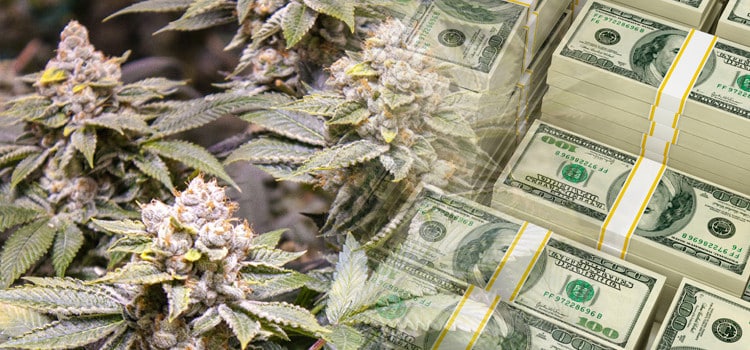At midnight on April 27, Delaware legislation to regulate and tax cannabis sales took effect by default, as the 10-day window for Governor John Carney (D) to sign or veto House Bill 2 elapsed without him doing either. House Bill 1, which legalized adult-use cannabis, became law by the same process on April 23.
Carney is an outspoken opponent of adult-use marijuana legalization, and had vetoed several attempts prior to 2023. This year, faced with a legislative supermajority poised to override his veto, he opted to allow the two bills to pass without his signature.
“I want to be clear that my views on this issue have not changed,” Carney said in an April 21 statement. “I came to this decision because I believe we’ve spent far too much time focused on this issue, when Delawareans face more serious and pressing concerns every day. It’s time to move on.”
With HB 1, Delaware became the 22nd state to legalize marijuana for adults over 21. The law allows for possession, personal use and sharing of up to one ounce of cannabis flower, or 12 grams of concentrate. Larger amounts can still bring misdemeanor charges, and penalties of up to $575 in fines or three months imprisonment, or both. For people under 21, civil penalties of $100, or up to $500 on subsequent violations, will be issued in lieu of jail time.
HB 2 regulates the production, manufacture and sale of cannabis products. Though cannabis can’t be sold at locations that also sell alcohol, it’s subject to essentially the same restrictions in terms of hours and holidays when it can be legally sold, and penalties for selling to anyone under 21.
Up to 30 retail licenses could be issued over the next 16 months.
Seven percent of the tax revenue Delaware derives from cannabis sales will be allocated to a Justice Reinvestment Fund, operated by the Department of Justice, “where it will be used for projects to improve quality of life for communities most impacted by the prohibition of marijuana.” This will primarily take the form of grants and other state-issued contracts focused on restorative justice actions like prebooking and pretrial diversion, and “technical assistance of mentoring services” in impacted communities.
Up to 30 retail licenses could be issued over the next 16 months. Home cultivation remains illegal, despite being permitted in several nearby states with adult-use cannabis laws on the books. And New York, for example, also permits public consumption, which is still banned in Delaware.
Delaware decriminalized cannabis possession up to one ounce in 2015. Since then, violations have been punishable by fines of up to $100 and no jail time.
Between 2018 and 2021, Carney signed three expungement bills that applied to various cannabis convictions. A portion of the Justice Reinvestment Fund will be used to streamline the state’s automatic expungement process, which takes effect for eligible convictions on August 1, 2024.
Image via Hawaii Department of Commerce and Consumer Affairs





Show Comments